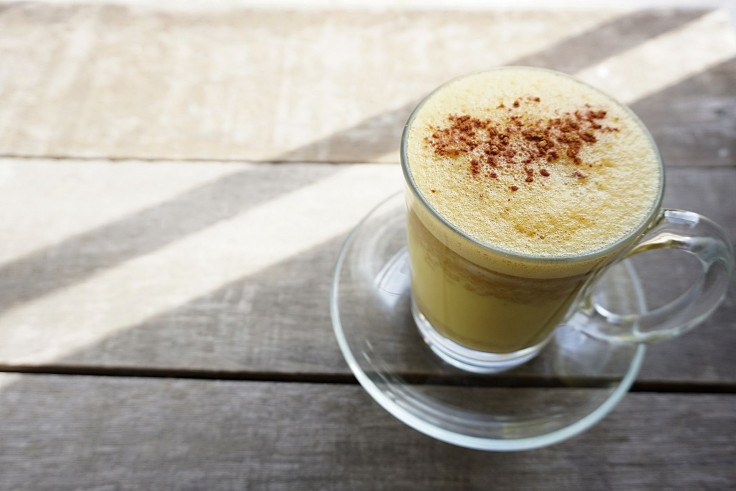Dangers Of 'Herbal Tea': Woman Hospitalized Due To Liver Damage
KEY POINTS
- The woman landed in the ER on third day of consuming the herbal tea
- She was experiencing intense abdominal pain and blood tests revealed liver damage
- The herbal tea in question contained three ingredients associated with the condition
Herbal teas are heavily marketed for their advertised umpteen benefits. A case study of a woman who had to be hospitalized for five days following herbal tea consumption is a warning of the dangers that this type of tea poses.
The unnamed 45-year-old woman went to the ER with "severe" abdominal pain and ended up being hospitalized due to acute liver damage. The doctors who treated her published her case study in the Cureus Journal of Medical Science on January 11.
The woman visited the ER after experiencing intense abdominal pain for one day. Blood tests revealed that her liver was damaged. The doctors ruled out all possible causes of liver injury. On probing the patient, they came to know that the woman had started drinking herbal tea to "improve immunity" three days before the onset of gastric pain, BusinessInsider reported.
The woman was hospitalized for five days and stopped drinking herbal tea during her stay. After just three days of tea cessation, not only did her symptoms disappear but the blood tests showed that her liver function had improved. Following discharge, the doctors forbid her to drink the tea again.
The woman's liver blood tests came up normal after three months.
According to the report, the tea contained 23 ingredients, including reishi mushroom, aloe vera, and Siberian ginseng, all three of which have been associated with liver damage in the past.
Oral forms of aloe vera have been associated with 12 cases of liver toxicity since 2005, as per the National Library of Medicine. However, in these cases, the symptoms went away on stopping the supplement and no one died.
Meanwhile, the consumption of reishi mushrooms has led to liver damage in two people, according to research. Lastly, Siberian ginseng has been associated with acute liver injury, the report said.
"It is estimated that roughly one-third of Americans take herbal supplements. Due to their categorization as supplements, they are not as closely regulated as traditional pharmaceuticals despite the heavy marketing of various purported health claims. As a result, formal studies examining the efficacy and side effects of various supplements are limited by unreliability of ingredient labeling, dosing, and possible contamination," doctors wrote in the report.
The doctors believe that this case study will help others in the field to accurately diagnose and treat patients with similar medical histories.
"This case shows the value of further inquiry into supplement use once common causes of acute liver injury are ruled out. In this case, the patient was using an herbal tea with known hepatotoxic ingredients and had definitive improvement after cessation of use. It is imperative for clinicians to familiarize themselves with herbal supplements to better inquire patients about their use and educate them on potential side effects," doctors concluded.
In August 2022, Lori McClintock, the wife of U.S. Rep. Tom McClintock, R-Calif, reportedly died from consuming white mulberry leaf, a herbal supplement that's often marketed for weight loss. "I think a lot of people are thinking, 'Oh, it's a plant.' Or 'Oh, it's just a vitamin. Certainly, that means that it's not going to hurt me,'" Debbie Petitpain, a registered dietician nutritionist and a spokesperson for the Academy of Nutrition and Dietetics said. "But there's always a risk for taking anything."

© Copyright IBTimes 2025. All rights reserved.





















